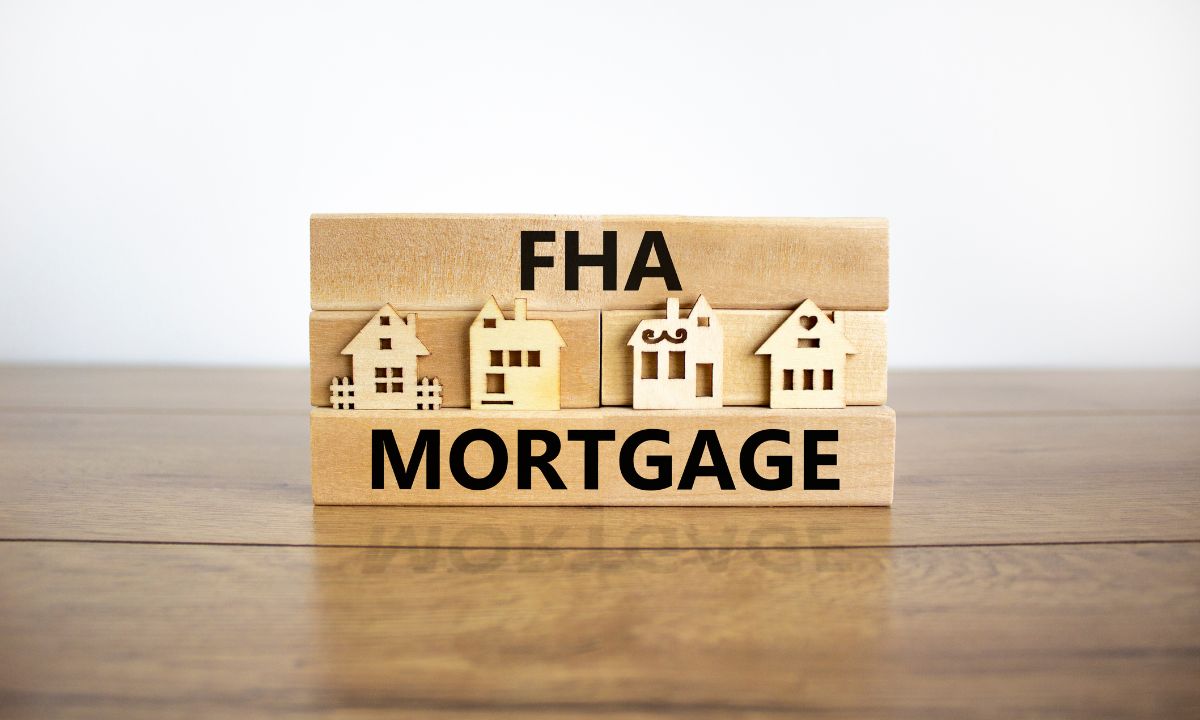 As 2025 begins, I want to thank my amazing clients, past, present, and future for trusting me to guide you on your real estate journey. Whether you’ve found your dream home, are preparing to sell, or envision a move this year, I’m grateful to be part of your story.
As 2025 begins, I want to thank my amazing clients, past, present, and future for trusting me to guide you on your real estate journey. Whether you’ve found your dream home, are preparing to sell, or envision a move this year, I’m grateful to be part of your story.
A new year brings fresh possibilities, and I’m here to help you navigate the market with confidence and care. Let’s make 2025 the year you take the next step toward your goals. Wishing you joy, success, and new beginnings!
 As we approach the end of another year, I want to take a moment to reflect on the incredible year that has been filled with challenges, successes, and unforgettable milestones, and I’m truly grateful for the opportunity to help so many wonderful clients achieve their real estate goals. Whether you bought your dream home, sold your property for a great price, or began your real estate journey, I’m honored to have been a part of it.
As we approach the end of another year, I want to take a moment to reflect on the incredible year that has been filled with challenges, successes, and unforgettable milestones, and I’m truly grateful for the opportunity to help so many wonderful clients achieve their real estate goals. Whether you bought your dream home, sold your property for a great price, or began your real estate journey, I’m honored to have been a part of it.
 Saving for a down payment is a common hurdle for many homebuyers, but there are several ways to make it happen. Whether you’re tapping into savings, receiving a gift, or utilizing assistance programs, understanding your options can make the journey to homeownership smoother.
Saving for a down payment is a common hurdle for many homebuyers, but there are several ways to make it happen. Whether you’re tapping into savings, receiving a gift, or utilizing assistance programs, understanding your options can make the journey to homeownership smoother. Owning a home is a milestone that goes beyond providing a roof over your head. It’s one of the most significant ways individuals can build wealth over time. Unlike renting, homeownership offers financial and personal rewards that grow with time and care. Let’s discuss five ways owning a home can help build long-term wealth.
Owning a home is a milestone that goes beyond providing a roof over your head. It’s one of the most significant ways individuals can build wealth over time. Unlike renting, homeownership offers financial and personal rewards that grow with time and care. Let’s discuss five ways owning a home can help build long-term wealth. As the holiday season surrounds us with its warmth and cheer, we reflect on the incredible connections we’ve made this year. To our valued clients, whether we’ve worked together already or you’re considering partnering with us—thank you for trusting us to be part of your journey.
As the holiday season surrounds us with its warmth and cheer, we reflect on the incredible connections we’ve made this year. To our valued clients, whether we’ve worked together already or you’re considering partnering with us—thank you for trusting us to be part of your journey. If you’re in the market to buy a duplex or similar multi-unit property, you may be wondering whether you can use an FHA loan to finance your purchase. FHA loans are well-known for helping first-time homebuyers, but they can also be used to purchase duplexes. Here’s everything you need to know about FHA loans, how they work, and whether they’re a good fit for your homebuying plans.
If you’re in the market to buy a duplex or similar multi-unit property, you may be wondering whether you can use an FHA loan to finance your purchase. FHA loans are well-known for helping first-time homebuyers, but they can also be used to purchase duplexes. Here’s everything you need to know about FHA loans, how they work, and whether they’re a good fit for your homebuying plans.
 Purchasing your first home is an exciting milestone, but it can also feel overwhelming without a clear plan. With so many moving parts, from financial prep to evaluating potential homes, having a comprehensive checklist can help simplify the process. Here’s everything you need to consider to make your home-buying journey smoother and more successful:
Purchasing your first home is an exciting milestone, but it can also feel overwhelming without a clear plan. With so many moving parts, from financial prep to evaluating potential homes, having a comprehensive checklist can help simplify the process. Here’s everything you need to consider to make your home-buying journey smoother and more successful: For many younger individuals, especially those in Gen Z, the dream of owning a home can feel distant amid rising home prices, mortgage rates, and inflation. With these challenges, it’s easy to wonder if homeownership is truly within reach. While the current housing market may seem daunting, it’s important to know that it’s still possible to become a homeowner with the right strategies and support. With professional guidance, you can navigate the obstacles and achieve your goal of owning a home.
For many younger individuals, especially those in Gen Z, the dream of owning a home can feel distant amid rising home prices, mortgage rates, and inflation. With these challenges, it’s easy to wonder if homeownership is truly within reach. While the current housing market may seem daunting, it’s important to know that it’s still possible to become a homeowner with the right strategies and support. With professional guidance, you can navigate the obstacles and achieve your goal of owning a home.